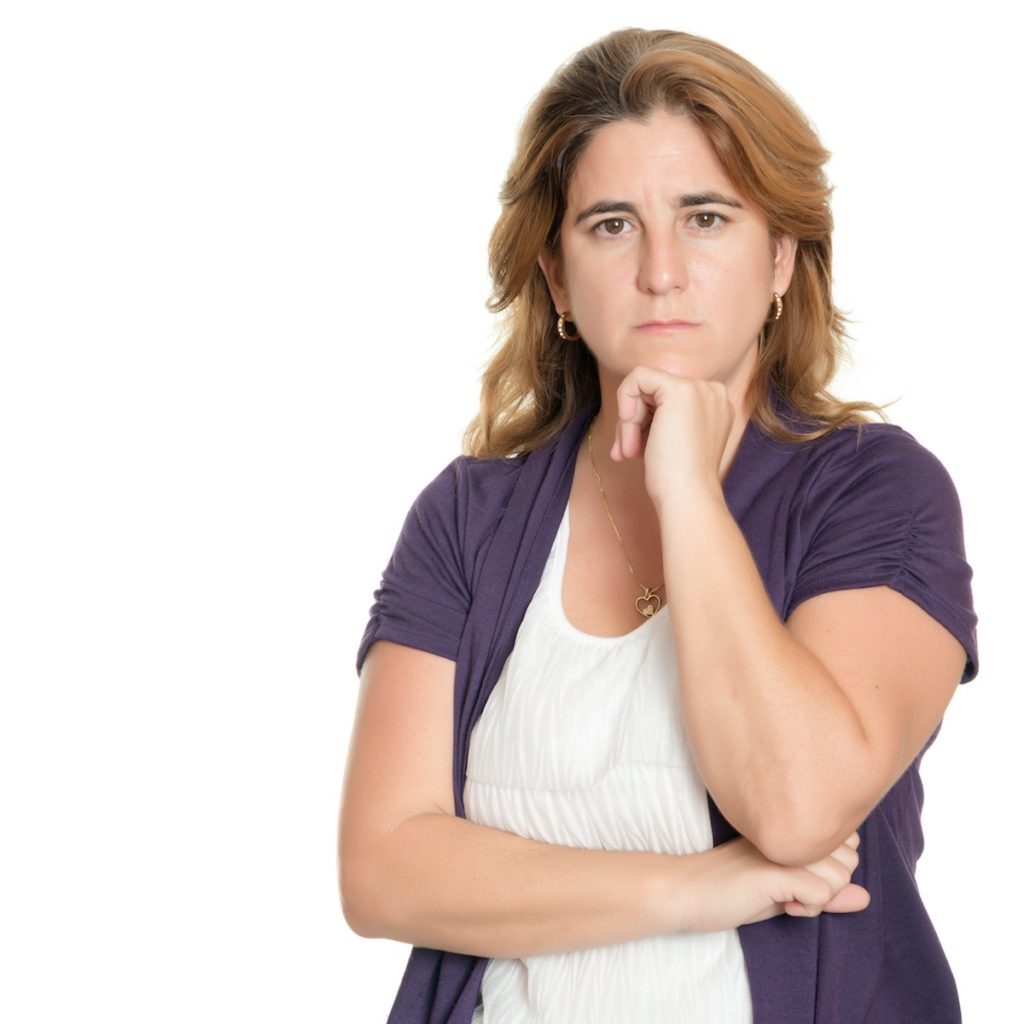Lorelie Rozzano is a guest blogger for Vertava Health.
What Options Do Families Have When Their Loved One Struggles With Addiction?
Families don’t come with a ‘how to’ manual. There is no one right answer for every relationship problem. Life is messy. Pain is necessary, we don’t grow without it. But for some, pain is all there ever is. It can seem as if life is just one struggle after another when you love an addicted person. Substance use disorder is an insidious illness. It’s cunning and dishonest. Sadder still, most with it don’t know they’re sick until they’re in crisis. It affects everyone in the family. One woman recently claimed her entire family struggled with it. Addiction has been the elephant in her house, her entire life. Cindi (not her real name) says her Dad passed away from alcoholism, her husband is a recovering alcoholic and her son is an active heroin user. Cindi claims she doesn’t use drugs or alcohol herself but admits to overeating to cope with her painful emotions. Cindi is exhausted and wonders how she can care for herself when her home is such a chaotic mess. Cindi and her husband argue a lot. They don’t see eye to eye on their son’s addiction. Cindi feels guilty. She says her son never stood a chance with the genetic makeup he inherited. She says as far as she can see there are no good choices in store for her or her son. Cindi says she only has two options – stay in the mess or ask her son to leave. Cindi is partly right. Those are two options. But there’s also one more – recovery. To Stay – Although addiction is predictable, individuals are not. We all have reasons for making the choices we do. For some, separating from an addicted partner is not possible due to financial reasons. Some families are too fearful. Others don’t want their children growing up with a missing parent. Moms fear if they put their addicted adult child out on the street, they may die from an overdose. Others like Cindi know nothing else than living with addiction. If you are in a relationship with someone struggling with substance use, it’s important to have your eyes wide open. Understand you are not in a healthy relationship. The person you love is sick. Don’t expect them to make healthy choices or to get your emotional needs met. To Go – When one’s active in addiction their first priority and the most significant relationship is with their drug of choice. In relation, some families develop deeply ingrained, unhealthy coping skills. They become tolerant of abusive and neglectful behaviors. The stress of living with an addicted person can cause dramatic changes in brain chemistry, resulting in poor physical, emotional and psychological health. To survive in these homes families must shut down and numb out. In essence, they emotionally flat-line. They may become depressed, fatigued and lethargic. Weight gain or loss may be a side effect as well as other chronic physical ailments such as high blood pressure, ulcers, heart disease and stroke. If you are tolerating physical use, you are not helping. Putting up with use or endangering your life to stay in a destructive relationship is not loving, it’s codependent. Many stay in abusive relationships because they feel guilty. They don’t want to put their family member out. However asking your addicted loved one to leave because they refuse to stop behaving in abusive ways is not kicking them out. You’re not responsible for putting them on the streets. Their behavior is. Their refusal to seek help or stop the use is the deciding factor. Bullying is never okay. Not on the school grounds. Not in the workforce. And especially not in our homes. To Recover – Shame is the glue that keeps you sick and stuck. Recovering from addiction either directly or indirectly involves other people. For change to occur, you must reach out. There are millions of people across North America who are living in recovery. Some of them attend 12 step programs like Alanon, Naranon, Family Anonymous and Smart Recovery. In these programs, you learn how to sustain your health while living with an addicted person. Change starts with you. Change your attitude. Change your actions. Admit you need help. Say it out loud. I need help. Own it and watch how fast things will change for you. Find people who have traveled the same path you’re on. Share with them. Hang with them. Learn from them. Take this time to focus on you. Don’t make life and death choices without help. Although there are no perfect solutions, there are educated responses calculated specifically for you and your family. It’s important to understand the nature of this illness. An accurate assessment will promote the best possible outcome for all parties involved. Navigating the chaos of addiction within your family circle is like the blind leading the blind. But you can find your way out with the help of professionals and other people in recovery. Vertava Health has a dedicated team of professionals who can point you in the right direction. To start your recovery journey now, all you have to do is pick up the phone. If you or someone you know needs help, please call this confidential support line for assistance. 844-470-0410.


